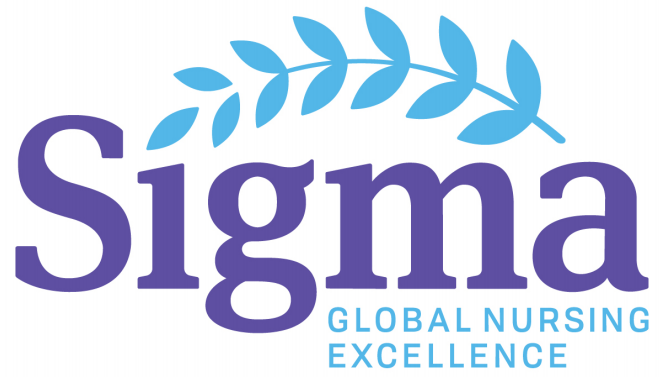Presenter Classification
Graduate Student
Presentation Type
Podium Presentation
Publication Date
4-14-2022
Start Date
14-4-2022 11:15 AM
End Date
14-4-2022 11:30 AM
Keywords
nurse leader, residency, succession planning, development
Abstract Type
Quality Improvement/Process Improvement Project
Abstract
Ballad Health nurse leaders received little nursing leadership education or competency development before beginning their leadership roles; yet they are crucial to improve quality, safety, cost, patient experience, and team member engagement. Competency development is linked to improved nurse leader confidence, job satisfaction, and retention. Additionally, the organization is experiencing a shortage of prepared internal candidates to fill vacant nurse manager positions. The organization’s Chief Nursing Council (CNC) questioned if a leadership development program could improve new and aspiring nurse managers' leadership competency. The CNC aimed to improve nurse leader competency by implementing and measuring the effectiveness of an evidence-based Nurse Leader Residency Program (NLRP) for new and aspiring nurse leaders. The CNC elected to base the NLRP on the American Organization of Nursing Leadership (AONL) Nurse Learning Domain Framework and Benner’s Novice to Expert Theory. Internal expert instructors addressed all AONL leadership topics during seven weekly in-person education sessions. Instructors provided the curriculum through lectures, group activities, individual activities, case studies, and videos. The residents assessed 105 competencies using the AONL Nurse Leader Competency Assessment Tool before and after program participation. Finally, the residents collaborated with their Chief Nursing Officer to identify a mentor. The resident group improved its overall self-assessed nursing leadership competencies by 50%. Residents’ self-competency improvement ranged between 0.5 - 2.0 on a 5-point scale. Implementing an evidence based NLRP improves new and aspiring nurse leader self-assessed competencies. Nurse leaders need advanced knowledge and competencies to successfully lead in the complex healthcare environment.
Included in
A Nurse Leader Residency Program: Improving Leadership Competencies
Ballad Health nurse leaders received little nursing leadership education or competency development before beginning their leadership roles; yet they are crucial to improve quality, safety, cost, patient experience, and team member engagement. Competency development is linked to improved nurse leader confidence, job satisfaction, and retention. Additionally, the organization is experiencing a shortage of prepared internal candidates to fill vacant nurse manager positions. The organization’s Chief Nursing Council (CNC) questioned if a leadership development program could improve new and aspiring nurse managers' leadership competency. The CNC aimed to improve nurse leader competency by implementing and measuring the effectiveness of an evidence-based Nurse Leader Residency Program (NLRP) for new and aspiring nurse leaders. The CNC elected to base the NLRP on the American Organization of Nursing Leadership (AONL) Nurse Learning Domain Framework and Benner’s Novice to Expert Theory. Internal expert instructors addressed all AONL leadership topics during seven weekly in-person education sessions. Instructors provided the curriculum through lectures, group activities, individual activities, case studies, and videos. The residents assessed 105 competencies using the AONL Nurse Leader Competency Assessment Tool before and after program participation. Finally, the residents collaborated with their Chief Nursing Officer to identify a mentor. The resident group improved its overall self-assessed nursing leadership competencies by 50%. Residents’ self-competency improvement ranged between 0.5 - 2.0 on a 5-point scale. Implementing an evidence based NLRP improves new and aspiring nurse leader self-assessed competencies. Nurse leaders need advanced knowledge and competencies to successfully lead in the complex healthcare environment.



